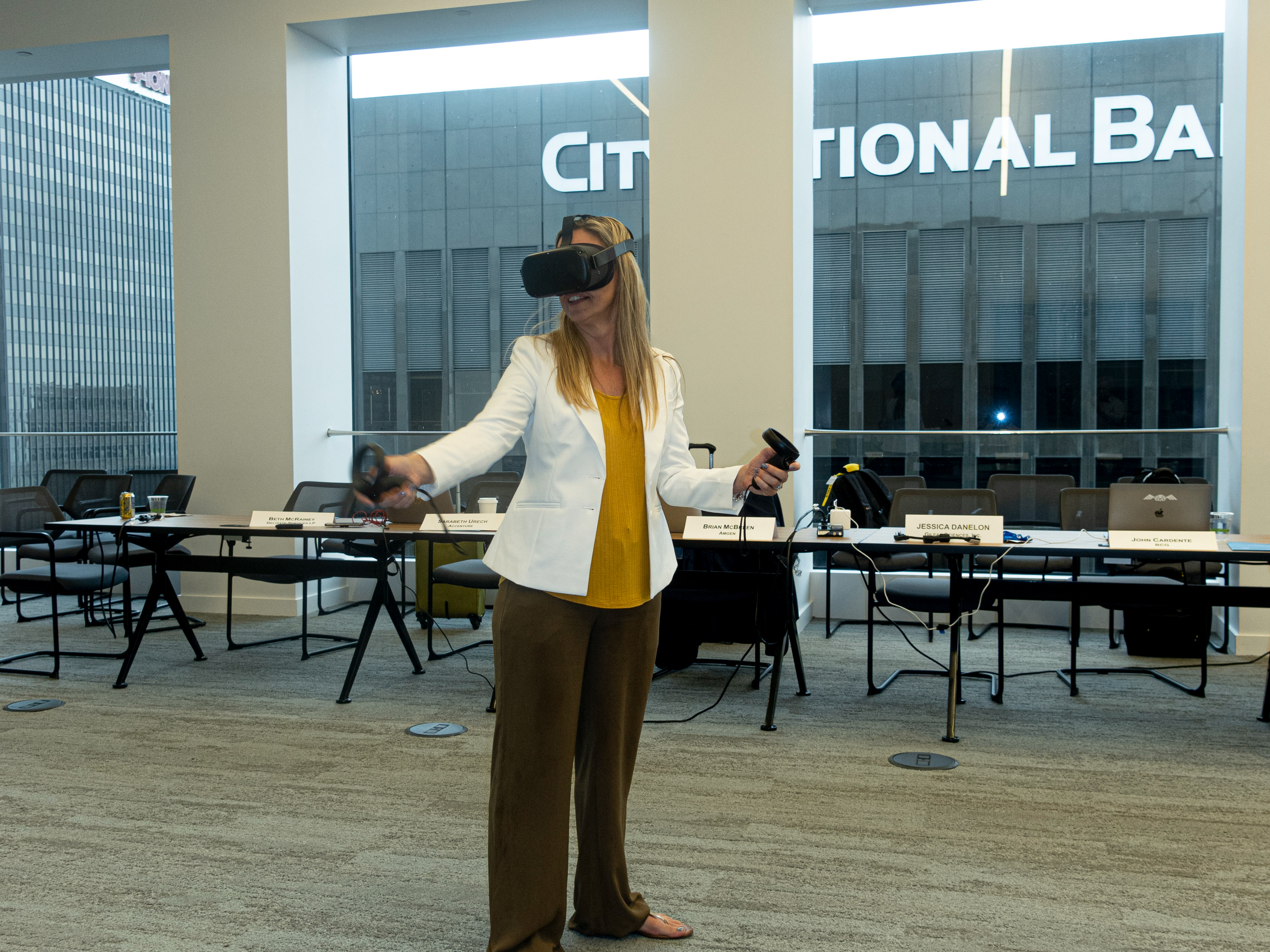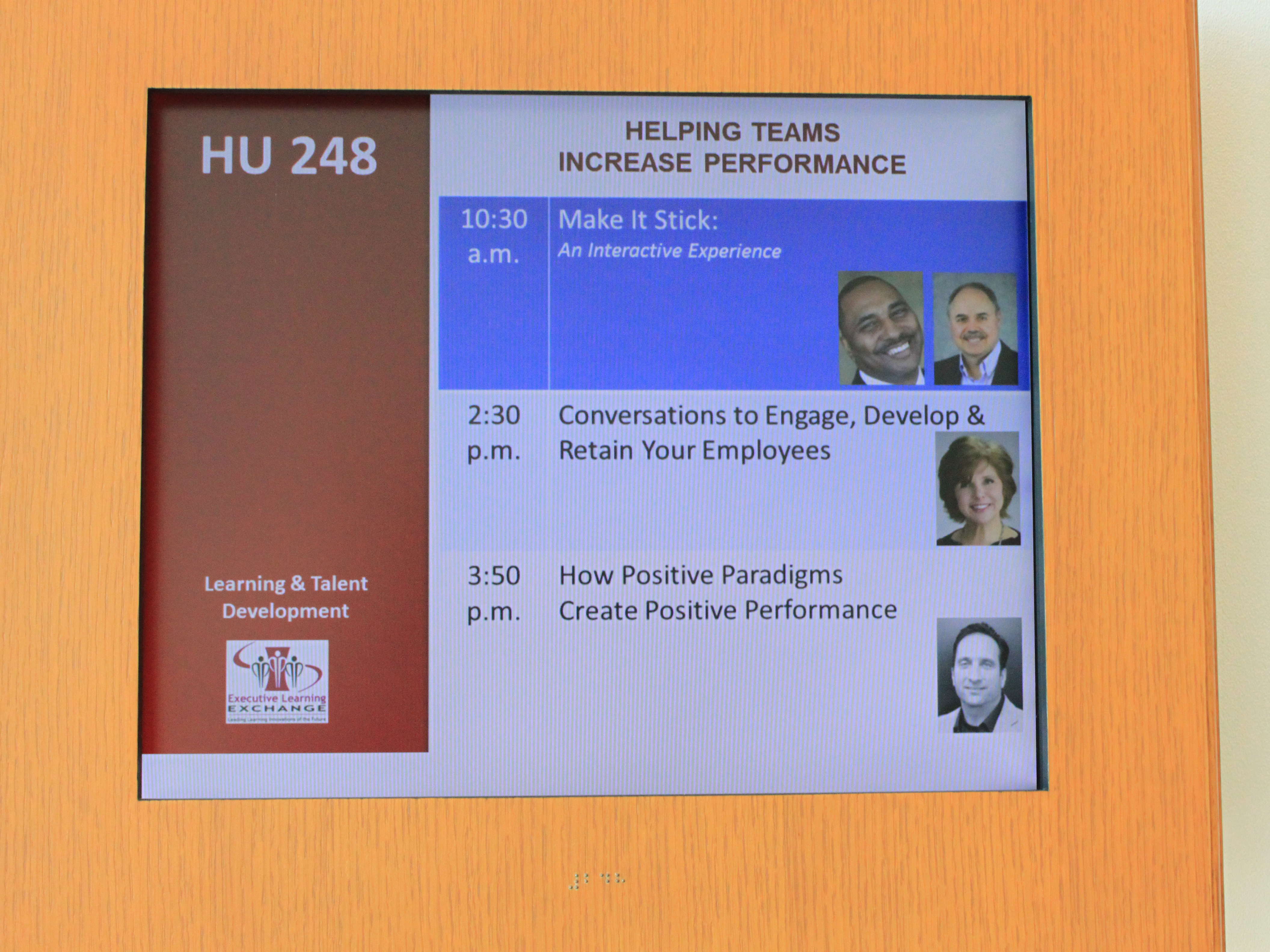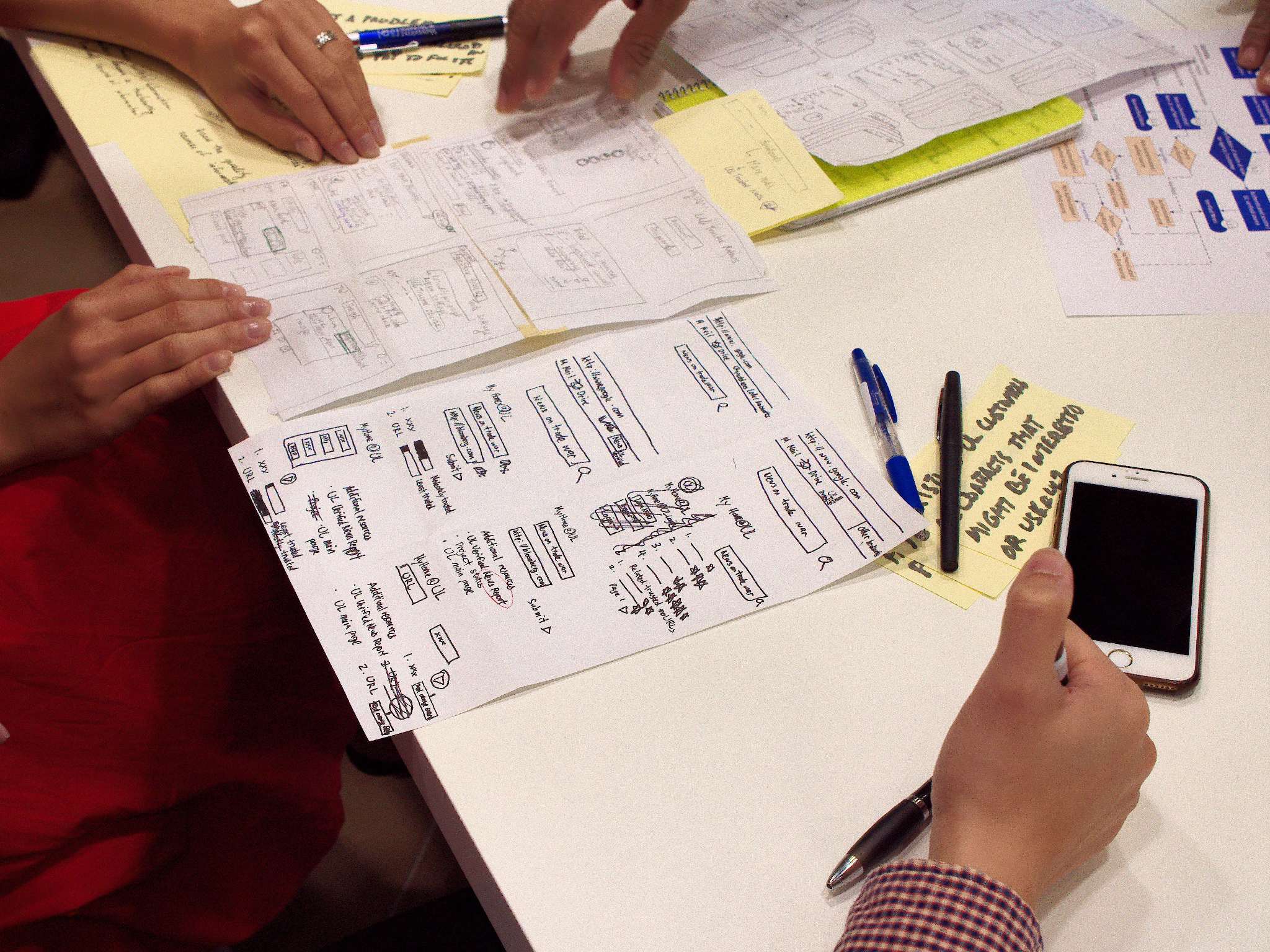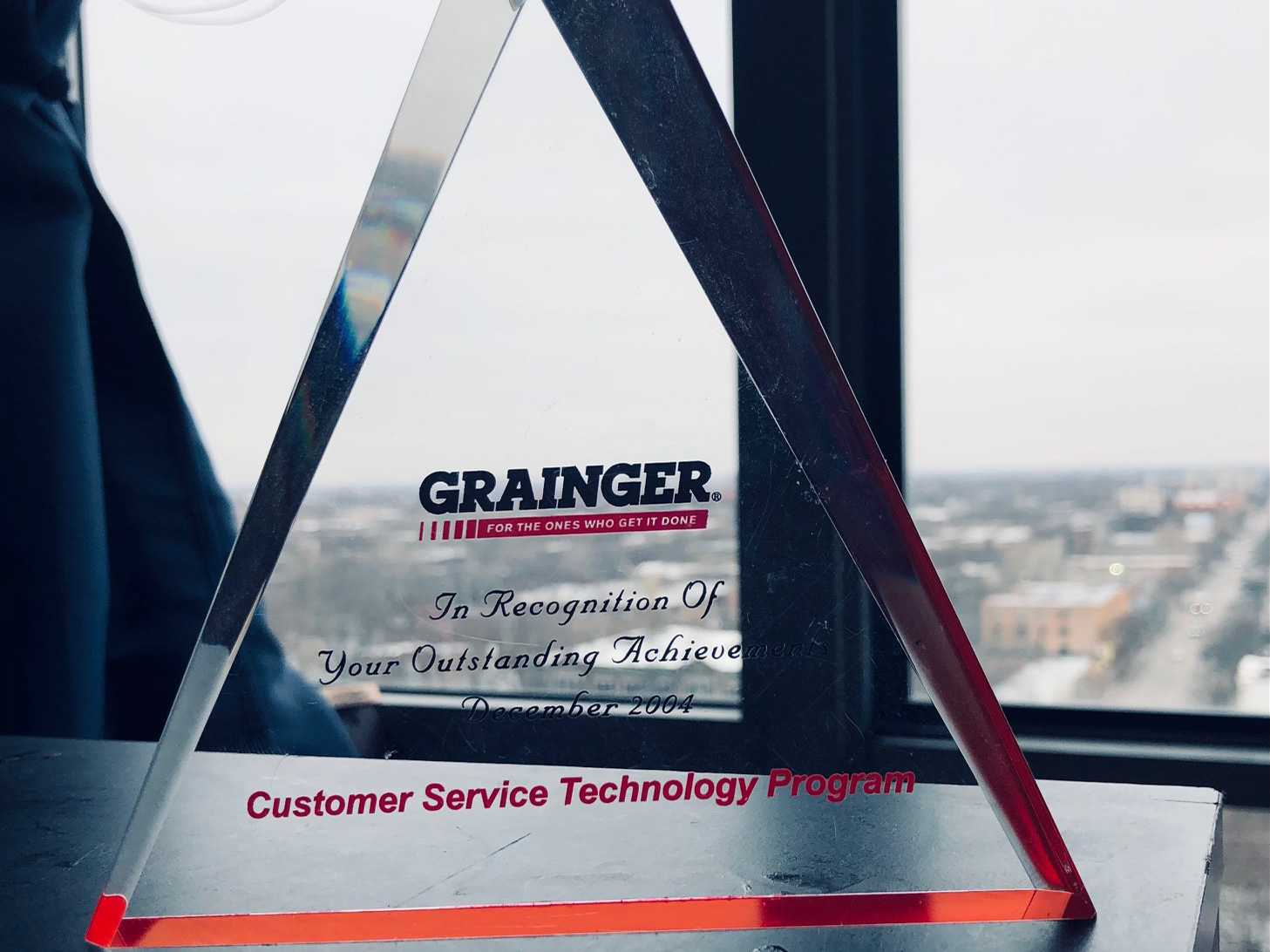Research, analytics, and design are the strengths Newt brings to organizational design and development. It isn't just about dispensing off-the-shelf content in an LMS system, but diagnosing where skills and developmental interventions will have the most impact. Newt's ability to "see the patterns", collect data and process vast organizational information uncovers the most impactful areas of improvement. As a certified, Six Sigma Blackbelt, Newt is prepared to visualize data analysis and pinpoint "root cause" in organizational problems. Newt is familiar with the tools and methodology of changing an organization (Prosci certified) and implementing organizational designs.
Newt realizes that advanced skills like creativity, collaboration, and problem-solving require more than rote learning strategies. Newt's approach to learning is more "experiential" than just memorizing concepts. Newt uses design thinking, experimentation, and simulation in his learning designs. He also believes in practice after consulting with the world's foremost expert on practice, the late Dr. K. Anders Ericsson. Newt tries to build in learning at the point of work with technologies that support people when working, such as "visual management" and Kanban, to help others "see" the work. Our newer technologies make that possible.
Picture left: Newt used digital and physical simulators to find skill gaps and help technical personnel learn. The simulator is one of Newt's designs.
In 2019, Newt (Dr. Moore) won the UL Mark of Excellence for delivering a continuous-learning model for engineering skill building that started in 2018. The system expanded learning from a one-time treatment of courses to a continuous and flexible way of upskilling depending on the business need.
Newt has leveraged task, skill-gap analysis, and job design several times to optimize and improve work and upskilling. Work deconstruction is required when automating tasks or improving processes for Lean improvements. Newt has worked with Dr. Ronald Jacobs, a Human Resource Development scholar at the University of Illinois, in improving work by analyzing the skills and abilities of those learning on the job.
MIT faculty has also taught him in artificial intelligence and business implications.
As a Lean and Six Sigma certified Black Belt, Newt has learned to process map complex work processes to understand further the value chain in performing tasks. His work includes processing mapping of call centers and work balancing using Dynamic Work Design.
Newt also has advanced analytical skills in both univariate and multivariate statistical analysis. Newt's recent learning includes the Microsoft Machine Learning Workbench and newer data analysis techniques.
Newt was selected for the Schmidt Award for Human Resource Development research when competing with other Doctoral students during his graduate study. His work on using computer simulation to identify troubleshooting skills, demonstrated a more robust method of skill-gap analysis. The computer simulation is still being used today in the energy industry to help others learn by doing and to assess their abilities in using higher-order thinking skills.





